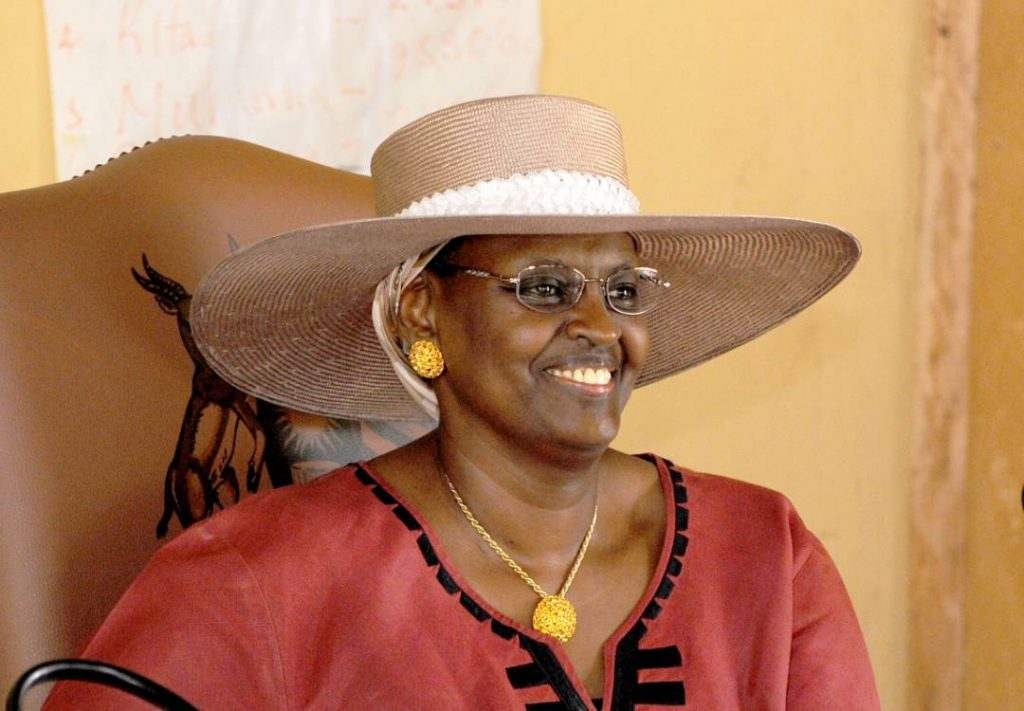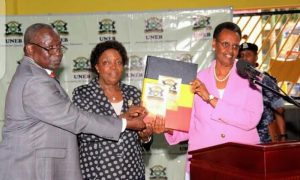
(I) Curriculum Design
The new curriculum is competence based, emphasising the learner to be at the
centre of learning. It focuses on learning outcomes and aims at producing a
holistic learner equipped with skills, knowledge, values and attitudes required
for the 21st century. Generic skills emphasized are critical thinking, problem
solving, mathematical computation, ICT proficiency and communication.
(ii) Subject Menu
The number of subjects on the new curriculum at 21 compared to the 43 in the
current one. A school is expected to offer 12 subjects at Senior 1and 2 out of
which 11 are complusory while one is an elective. At Senior 3 and 4, a learner
is expected to exit with a minimum of 8 and maximum of 9 subjects with 7
complusory subjects.
Chinese language has been added to the menu of foreign languages while
Kiswahili, Physical Education and Entrepreneurship Education are complusory for
learners in Senior 1 and 2.
(III) Subject Content
This has been reduced by getting rid of obsolete knowledge and integrating
related knowledge based on relevance, societal needs and national goals. This
will go a long way in avoiding cramming of concepts which is the current
practice.
Cross cutting issues such as climate change, patriotism, human rights,gender,
HIV/AIDS among others have been integrated into the various subjects.
The new curriculum has also paid attention to learners with special needs.
(iv) Approach / Methodology
In the new curriculum, the teacher is the facilitator of learning meaning that
learners are expected to contribute to their learning with guidance from the
teachers.
(v)Time Table
Classroom teaching has been reduced to 5 hours a day. Lessons start at 8:30am
and end at 2:50pm which allows learners to engage in research, project
work,clubs, games and sports and have time for self study / revision for 1 hour
and 40 minutes. The school day will end at 4:30pm.
(vi) Assessment
The current teaching and assessment is examination driven focusing on acquiring
a high grade pass as opposed to reasoning critical analysis, understanding and
acquisition of skills and knowledge.
In the new curriculum both formative and summative assessment will be done. These have been agreed at 20% for formative or school based assessment and 80% for the summative assessment of UNEB at the end of Senior 4 which will lead to the award of Uganda Certificate of Education (UCE).









